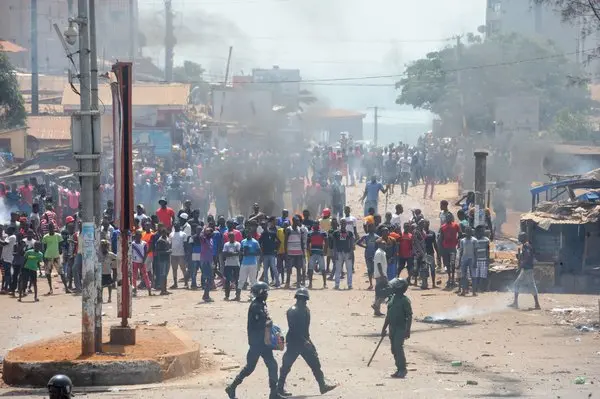Tanzania’s Political Situation Poises Serious Threats on Regional Trade
Tanzania is widely known as the trade corridor for nearly most nations situated in the Southern African region and the country further anchors as such a key pivotal nation to seaport transport.
However, the unfolding political situation in Tanzania presents a significant turning point for both its domestic economy and regional stability.
While the country had been positioned for strong economic growth in 2025, the aftermath of the disputed election threatens to reverse much of that progress, particularly in sectors that depend heavily on investor confidence and regional connectivity.
Tanzania has been one of East Africa’s fastest-growing economies, strongly supported by mining, industrial expansion and infrastructure investments such as the Kwala Industrial City and the Tanzania–Zambia power interconnector.
However, sustained protests, curfews and internet restrictions are now identified as key risk slowing the economic activity and the pace, disrupting trade logistics, and eroding confidence among foreign investors.
From a regional perspective, Tanzania’s stability is crucial. It serves as a key gateway for Zambia, Malawi, Rwanda and the Democratic Republic of Congo through the Dar es Salaam port and the TAZARA railway.
Any prolonged disruption in Tanzania could therefore greatly affect cross-border trade, fuel supply chains and regional export performance with ripple effects on prices, currency stability and food security across the SADC region.
Agriculture and agribusiness which are lifelines for millions may also face logistical challenges. Restricted transport movement, limited digital connectivity and market uncertainties could weigh on the rural economy, just as the region enters a crucial harvest and export period.
In the short term, Tanzania will need to restore calm, rebuild investor trust and reassure development partners of its commitment to democratic governance and economic openness.
For regional economies like Zambia, maintaining close policy coordination and monitoring developments in Dar es Salaam will be vital to safeguard trade and supply-chain resilience.
Ultimately, while Tanzania’s growth fundamentals remain strong, political credibility and institutional stability will determine whether the country can sustain its momentum or faces a period of economic correction.



